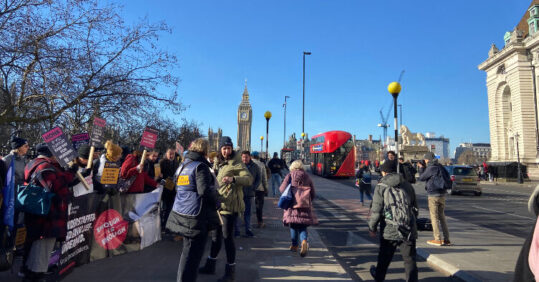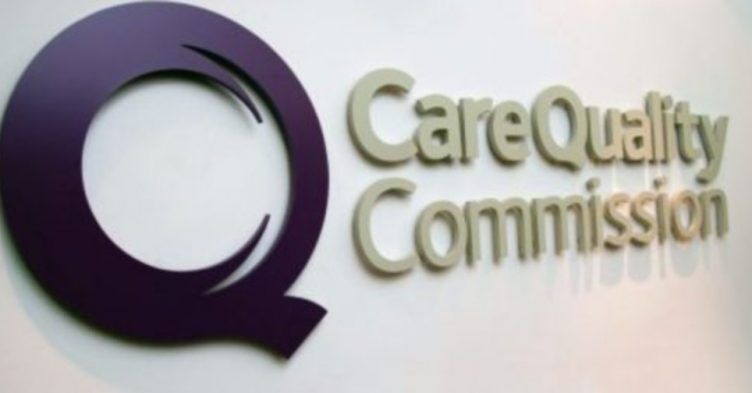After three months of industrial action and weeks of negotiations, the nurses’ strike may now come to a close as the Government offers a new pay deal for nurses in the NHS.
Three months after the Royal College of Nursing’s (RCN) first day of the nurses’ strike in England, the government in Westminster has made a new offer which will be voted on by the members of the health unions.
This follows intensive negotiations between the Government and representatives of the Royal College of Nurses, Unite, Unison, and GMB Union.
The offer consists of a one-off payment for the current financial year 2022/23 worth between £1,655 and £3,789 for Agenda for Change staff in England and a 5% consolidated pay increase for 2023/24.
In an additional commitment to Royal College of Nursing, the government has agreed to create a new pay spine exclusively for all nursing staff with the intention of it coming into force for 2024/25.
The government has also committed for the first time to a national evidence-based policy framework on safe staffing, focusing on registered nurses, that will draw on legislation in the rest of the UK and internationally.
The RCN’s elected Council met this morning (16 March) and decided that it will recommend that members vote to accept the offer in a forthcoming consultation. If members accept it, the dispute with government and the NHS over pay will formally end.
RCN general secretary and chief executive, Pat Cullen, said: ‘The government was forced into these negotiations and to reopen the pay award as a result of the historic pressure from nursing staff. Members took the hardest of decisions to go on strike and I believe they have been vindicated today.
‘After tough negotiations, there are a series of commitments here that our members can see will make a positive impact on the nursing profession, the NHS and the people who rely on it.
‘Our members will have their say on it and I respect everybody’s perspective. Each should look closely at what it means for them. As well as the additional money now, we have made real progress with the government on safe staffing measures, a new pay structure for nursing, support for newly qualified staff and pensions too.’
This follows a months’ long stand-off between the RCN and Westminster Government, involving multiple days of escalating action and finally culminating in a series of talks held last week.
After the RCN announced a plan for a 48-hour nurses’ strike involving emergency and urgent care nurses, a joint statement issued by the Government and union stated that there would be a ‘process of intensive talks’.
However, other unions had expressed frustration with the Government’s approach and the decision not to include other health unions in the negotiation process
RCM executive director Dr Suzanne Tyler described the Government as using a ‘divide and rule tactic’ in their dealings with the NHS and called on Westminster to ‘focus on all NHS staff and negotiate with all of their unions’.
Health unions were similarly aggravated by the Department of Health and Social Care’s (DHSC) recommendation of a 3.5% pay rise for public sector workers next year.
The DHSC submitted evidence to the independent pay review body saying that an offer of 5% would lead to inflation.
The British Medical Association (BMA) also announced a 72-hour strike next month for junior doctors, including a full stoppage of work by striking junior doctors including on night shifts.
NHS Providers director of policy Miriam Deakin said that this would ‘will have significant ramifications for patient care.’






